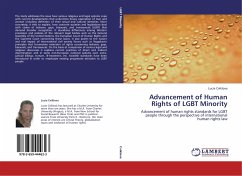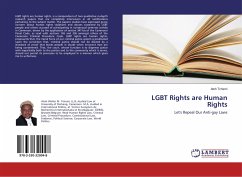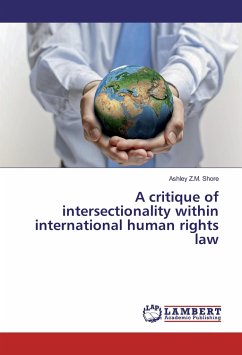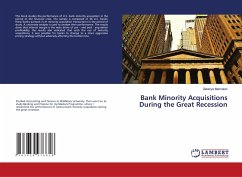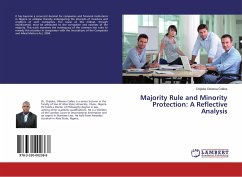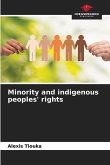The study addresses the issue how various religious and legal systems cope with current developments that undermine binary opposition of man and woman including definition of their sexual and cultural identities. More concretely, it tries to explain, how concrete societies and legislations deal with claims of lesbians, gays, bisexuals, and transsexuals (LGBT) that demand broader recognition. It elucidates differences among Western provisions and policies of the relevant legal bodies such as the General Assembly of the United Nations, the European Court of Human Rights and the Supreme Court concerning these issues. It also points to the nature and real impact of international civil society forces such as Yogyakarta principles that forumulate extension of rights concerning lesbians, gays, bisexuals, and transsexuals. On the basis of comparison of various legal and religious discourses it explains current practices of direct and indirect discrimination and in some non-European national systems even extra-judicial killings, torture, ill-treatment, etc. Swedish standards have been introduced in order to emphasize existing progressive attitudes to LGBT people.
Bitte wählen Sie Ihr Anliegen aus.
Rechnungen
Retourenschein anfordern
Bestellstatus
Storno

